‘Moors against Gypsies’ tournament: maximum excitement and many challenges going forward
For Adrian, a seventeen-year-old Gypsy who lives in Cañada and is an ardent supporter of Sergio Ramos, watching the “Moors vs. Gypsies” tournament was a dream come true. The same can be said for Mohammed, a sixteen-year-old Moroccan who dreams of one day seeing Messi play. Witnessing this tournament, for both of these young men, was like watching Real Madrid vs. FC Barcelona play in person.
On Saturday, February 18th, 2017, Red Deporte organized a tournament for young people from the two main communities of Cañada: Moroccans and Roman – popularly known as “Moors against Gypsies.” For the hundreds of boys and girls who attended this tournament to watch and support their favorite teams, the final results of the matches mattered; they mattered a lot. Nevertheless, in spite of the existing division, respect and good atmosphere prevailed, and a certain tension inherent in football as well.
Cañada Real, approximately seven miles from Madrid, is the neighborhood where the young people of these two communities live. This neighborhood, whose environmental and structural conditions are thousands of kilometres from the standard of the Spanish capital, is very far from Madrid, but nevertheless, one can touch it with his or her fingertip because the distance feels like nothing. Both communities, Gypsy and Moroccan, share a neighborhood and, thus, Cañada Real is divided by a long-standing yet invisible wall of distrust.
“Moors against Gypsies” is a symbolic euphemism in the culture and history of Spain. The term “Moors” alludes to that population from North Africa and with which Spain has shared, amongst other things, colonial wars, conflicts, and a seven hundred year occupation. This occupation has, in recent years, developed into mass migration to take on basic, challenging, and in many cases, illegal jobs primarily linked to the agricultural sector.
The word “Gypsy” refers to a of-Roman-origin population present in Spain since time immemorial. Their presence has left a permanent footprint in Spanish society as impactful as the art and culture of our country. But this word is also associated with disapproval. Since the Spanish people, over many decades, have labelled its associated population as thieves, fraudsters or money-lenders, the word Gypsy” is primarily used to refer to those who commit such fraudulent activities. Although our kids do not necessarily wish to misinterpret this word, the youth of Spain cannot entirely avoid feeling prejudiced.
Achievements and Challenges for Coexistence in Cañada
Both communities have access to the sports programs provided by Red Deporte, as well as four other social organizations, provided in Cañada. The Gypsy and Moroccan communities tend to train separately on different days of the week.
The tournament between Gypsy and Moroccan has been organized for teams in children’s and youth categories. Nevertheless, young people of all ages want to support their teams as they partake in an activity that they truly cherish: football. By using this tournament, we at Red Deporte aim to instill values of respect and friendship, without wanting to eliminate spontaneity into these children; this mission is reflected in the very name that the kids give the tournament.
The behaviour of both teams on the pitch has been impeccable and very far from the stereotype that a sizeable sector of our society would expect from ‘Gypsies’ as much as ‘Moors’. Our objective is to make football, and other sports, into activities that break down barriers and prejudice within and and outside of Cañada. With a slight advantage in skill, the Moroccan boys won the tournament. However, realistically, everyone won by enjoying playing football and taking a step forward in dignifying life in Cañada through sport.
Under the slogan “sport with no limits,” Red Deporte runs a football program for the children and young people of Cañada Real as well as other immigrant and refugee groups that live in a community of Madrid. This program is supported by UEFA Foundation for Children and streetfootballworld.

